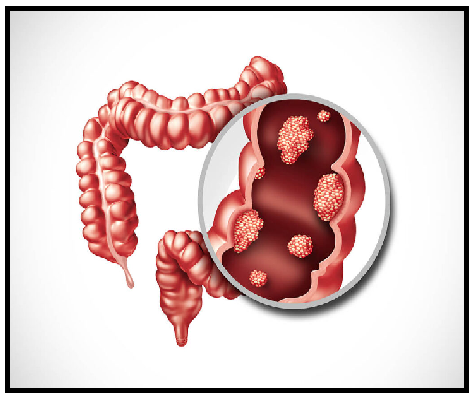Gastrointestinal (GI) Surgeon in Thane - Dr. Vishwanath Masurkar
GASTROINTESTINAL CANCERS
The most common types of gastrointestinal cancers are as follows:
- Esophageal cancer
- Gastric (stomach) cancer
- Colorectal cancer
- Pancreatic cancer
- Liver cancer
Other types are much less common, including neuroendocrine tumors, gastrointestinal stromal tumors, and anal cancer.
Generally speaking, gastrointestinal cancers are more likely to develop in men, and the risk increases with age. Studies have linked these cancers to cigarette smoking, alcohol consumption, and unhealthy diets.
Tumors may also result from specific underlying conditions—like gastroesophageal reflux disease in the esophagus, Helicobacter pylori infection in the stomach, diabetes in the pancreas, inflammatory bowel disease in the large intestine (colon and rectum), hepatitis B or C virus infection, or cirrhosis in the liver.
A small percentage of gastrointestinal cancers are inherited.
How are gastrointestinal cancers diagnosed?
If patients have symptoms and the doctor has reason to suspect a diagnosis of gastrointestinal cancer, they may perform some of the following tests:
- Endoscopy or esophagogastroduodenoscopy (EGD) to check the lining of the esophagus, stomach, and small intestine for tumors
- Colonoscopy to check the colon and rectum for polyps, which can become cancerous
- Lab tests to look for changes in the blood that could be signs of cancer
- Imaging studies (MRI, X-ray, ultrasound, CT scan, or PET scan) to check for abnormal tissue anywhere in the digestive system
- Biopsy to obtain a sample of abnormal tissue and analyze it for the presence of cancer cells





